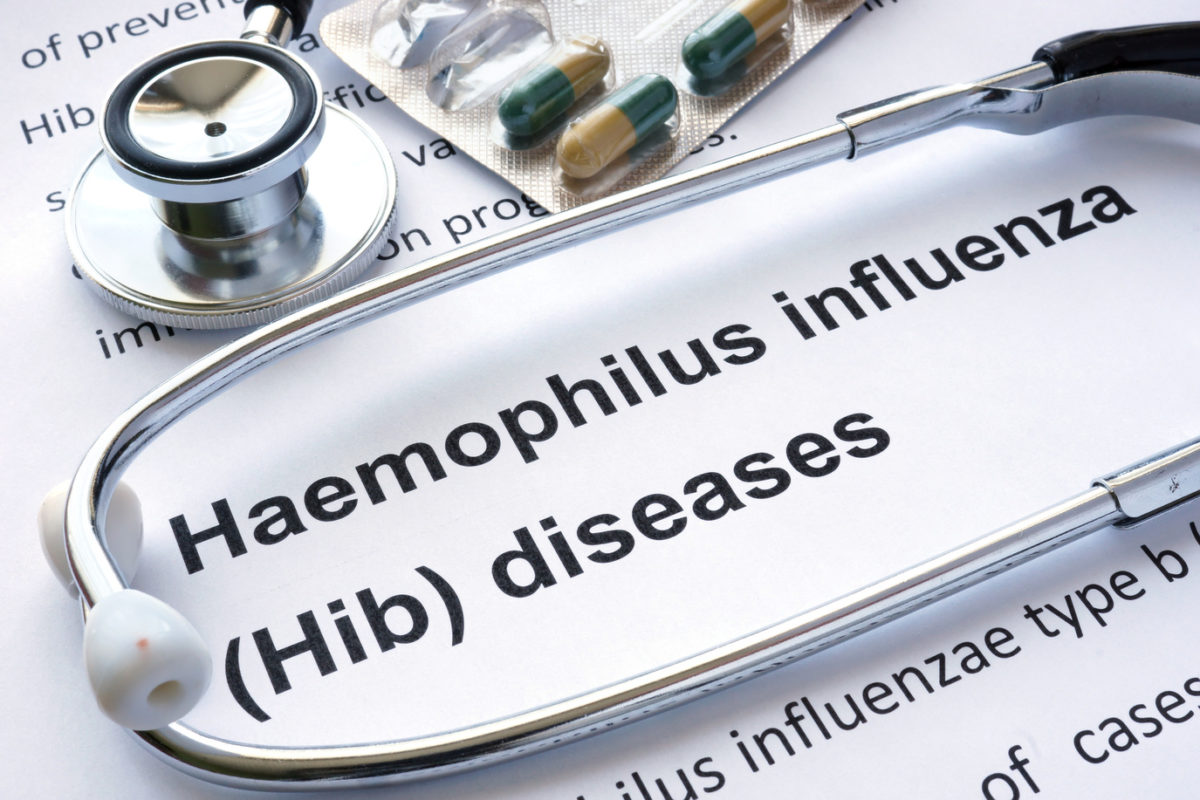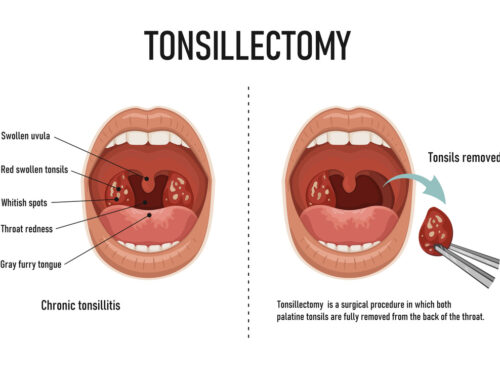When keeping an eye on your health, it is essential to be aware of bacterial infections transmitted from food, water or other people. Bacterial infections of any kind can be extremely harmful to your health (sometimes even fatal!), and knowing about the various types that you may be exposed to could help you to protect yourself from them. One bacterial infection often overlooked is the Haemophilus Influenzae type b infection that is most common in young children but could affect anyone. This article will guide you through the symptoms of Haemophilus Influenzae, what it is and how you can treat it.
What is Haemophilus Influenzae?
Up until 1992, Haemophilus Influenzae was a serious disease that affected thousands of young children across the UK. Haemophilus Influenzae is the spread of Hib bacteria into the body, which can cause several problematic infections, including:
- Blood poisoning
- Infection of the lining around the heart
- Infection of the lungs
- Infection of the joints
- Infection of the skin underlying tissues
- Infection of the bones
- infection of the entrance to the windpipe
The medical condition is quite rare now in the UK since introducing the immunisation against Hib in 1992. The rate is now less than one child out of every 100,000. However, children who do not receive the immunisation vaccine as a baby may still be prone to the disease.
What are the symptoms of Haemophilus Influenzae?
Haemophilus Influenzae disease can cause three major health issues: Meningitis, pneumonia and bloodstream infection. The symptoms of each problem will differ slightly, so you should be aware of how to spot all three.
Symptoms of Meningitis
Meningitis is an infection to the protective membranes that surround the brain and spinal cord. If not treated quickly, it can become life-threatening, causing blood poisoning, which can permanently damage the brain or nerves. Symptoms of meningitis include:
-
- High temperature
- Vomiting
- Headache
- Seizures
- A rash that does not fade
- Dislike towards bright lights
Drowsiness or unresponsiveness
Symptoms of Pneumonia
Pneumonia is the swelling of tissue in one or both of the lungs that is caused by bacterial infection. If Haemophilus Influenzae has led to the development of pneumonia, symptoms will appear between 24 to 48 hours. Symptoms include:
- Coughing
- Difficulty breathing
- Chest pain
- High temperature
- Rapid heartbeat
- Sweating and shivering
Symptoms of blood stream infection
If bacteria transported by Haemophilus Influenzae disease enters the bloodstream, it can cause a bloodstream infection. The infection is displayed as an inflammatory response that can cause the bloodstream to become blocked. Symptoms of bloodstream infection include:
- Fever/chills
- Low temperature
- Diarrhoea
- Nausea/vomiting
- Fatigue or weakness
- Blotchy skin
- Fast heartbeat
If you or your child is exposed to Haemophilus Influenzae, they could exhibit any of the above symptoms. It is crucial to know everything that the disease may cause so that you can be aware of all symptoms present.
How is Haemophilus Influenzae caused
Like many other transmittable diseases, Haemophilus Influenzae is mainly caused by coming into close contact with an infected individual. Bacteria droplets can be present in the air, which can be inhaled when an infected individual coughs or even if you engage in close conversation with them. If you have received the immunisation vaccine, your body will be able to fight off the harmful bacteria, preventing the disease from occurring. However, unvaccinated individuals will be unable to effectively fight off the bacteria, which could lead to infection. Haemophilus Influenzae disease is mainly transported to babies whilst in a hospital or to younger children through their interaction with other kids.
As well as receiving the correct immunisation vaccine, you could take other measures to protect yourself and your loved ones from the disease. Keeping your distance from anyone who displays symptoms of Haemophilus Influenzae, regularly washing your hands and keeping your children off of school if an illness breaks out are all good ways to prevent the development of Haemophilus Influenzae.
How to treat Haemophilus Influenzae
Since 1992, a routine immunisation vaccine has been offered to all babies and young children to prevent the development and spread of Haemophilus Influenzae. The Hib vaccine is recommended for infants aged 2, 4, 6 and 15 to 18 months.
If the disease does develop, you should seek hospital treatment straight away. You can treat most symptoms of Haemophilus Influenzae with antibiotics. However, the exact treatment you receive will depend on the type and severity of the infection caused. Those with serious infections may have to stay in hospital for some time.
Is Haemophilus Influenzae the same as the flu?
Many people may assume that Haemophilus Influenzae disease is the same as the flu. However, both diseases are, in fact, very different. Haemophilus Influenzae is caused by the bacterial infection of type b bacteria. In comparison, a virus causes the flu. The two health problems may present similar symptoms and can both be life-threatening if left untreated.
How long does Haemophilus Influenzae disease last?
It can take up to 4 days to see symptoms of Haemophilus Influenzae, but this may be shorter depending on the type of infection that develops. Haemophilus Influenzae disease will remain in the body until the bacteria stays in the nose or throat. Taking antibiotics as soon as possible is the best way to battle the disease quickly, so you should seek medical help as soon as symptoms occur.
If you are unsure whether you or your child has developed the disease, you could visit a specialist throat doctor, who will be able to examine your throat region for the infection. The sooner that you receive a diagnosis, the better chances you have of survival. You can also visit our blog for more advice and guidance around throat health, infections and treatments. Our patient hub is the best place to get expert advice, understand more about your health and support your every need. ENT is a team of professionals who know how to fix all of your ear, nose and throat problems.






